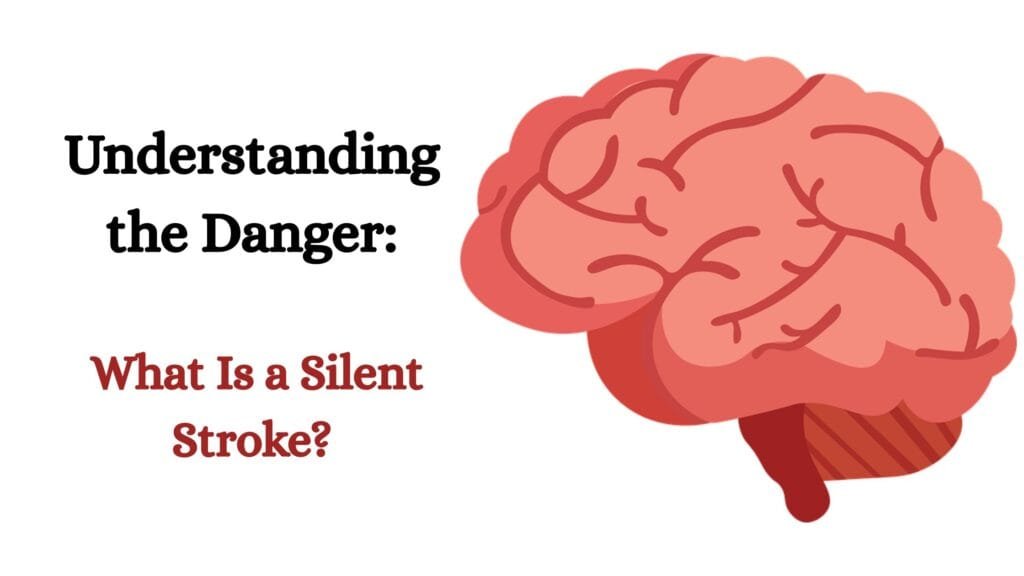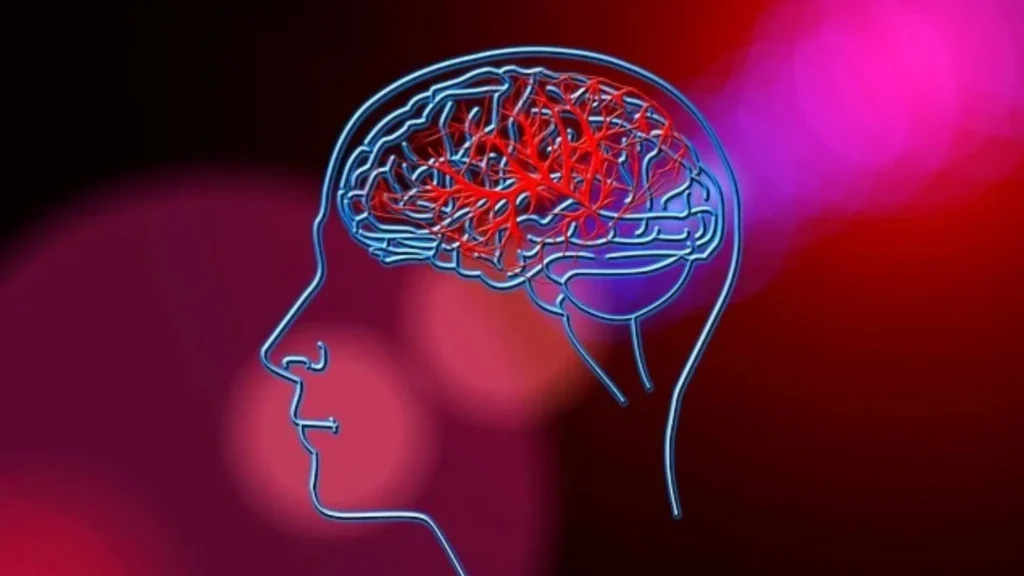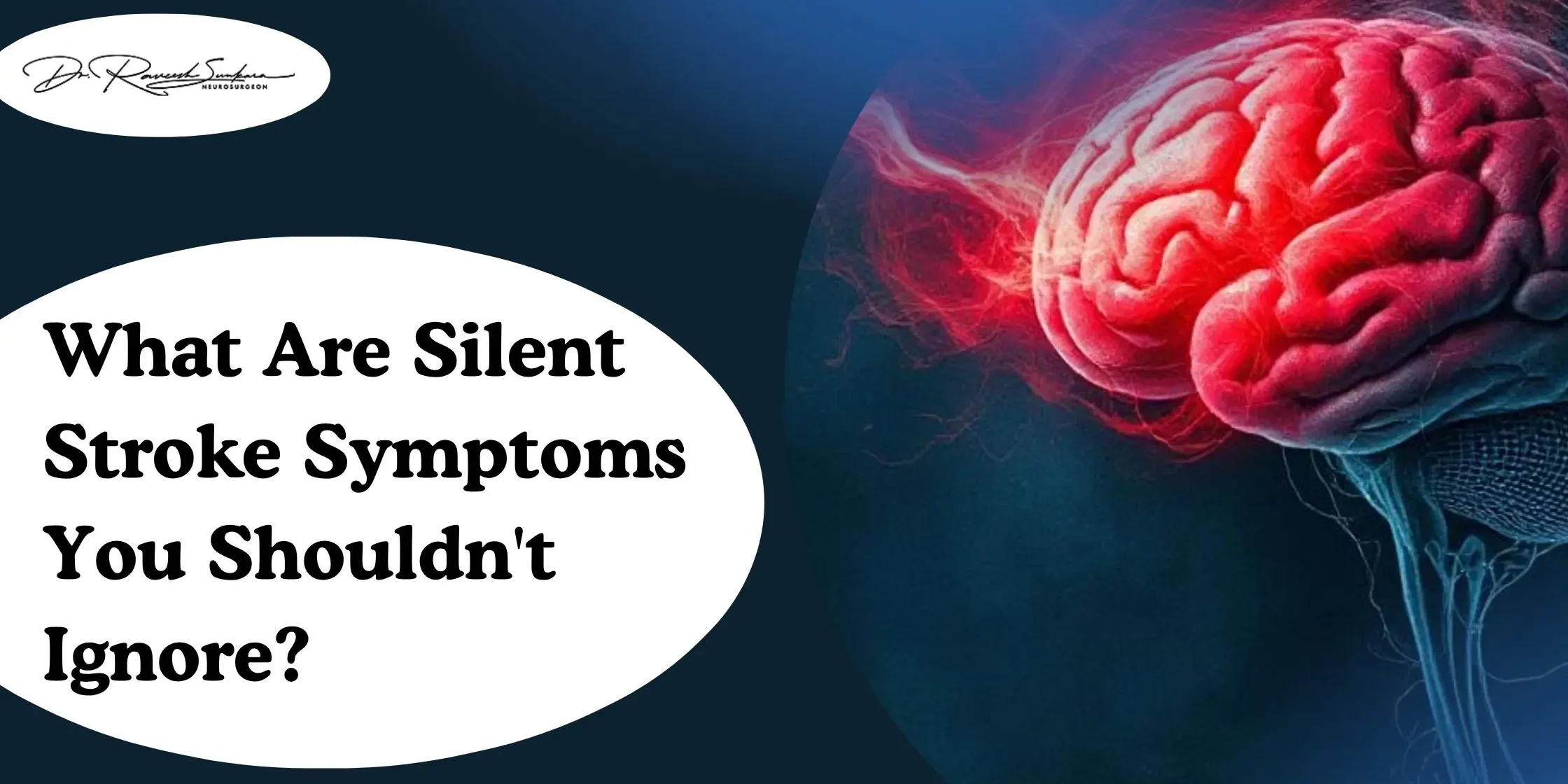You might not even know it, but a silent stroke can hurt your brain without showing clear signs.
Did you know? The National Institute of Neurological Disorders and Stroke (NINDS) did a study that found these strokes happen all the time, and people don’t notice them until they cause permanent damage. Early notice of the brain stroke symptoms can help you get the correct diagnosis at the right time.
In this guide, we’ll discuss the silent brain stroke symptoms, early signs, diagnosis, and how to protect your brain from long-term damage. So, read to the end!
Table of Contents
Key Takeaways
- Silent strokes can cause permanent brain damage without showing any obvious signs.
- A silent stroke may be occurring if you notice small changes, such as memory loss, confusion, or trouble maintaining your balance.
- The only reliable ways to find silent strokes early are with MRI or CT scans.
- Having high blood pressure, diabetes, or smoking significantly raises the risk of having a stroke.
- Over time, having several silent strokes can cause dementia, memory loss, and a lower quality of life.
Did You Know?
“Silent strokes can occur without any obvious symptoms, yet they can damage brain tissue and double your risk of a major stroke later on. Only an MRI or CT scan can detect them—stay alert to subtle cognitive or mood changes!”
Understanding the Danger: What Is a Silent Stroke?
A silent stroke is a type of brain stroke that doesn’t show the usual signs, like slurred speech or sudden weakness. There are no obvious signs that it is happening, so it is called “silent.” But the damage to your brain is real and serious.
A silent stroke may not be life-threatening right away, but it can increase your risk of:
- Full-blown strokes
- Forgetfulness
- Decline in cognitive function
- Dementia
What is the worst part? You might not know it has happened unless you get a brain scan.

Warning Signs That May Indicate Silent Stroke
Even though it’s called “silent,” your body may subtly show early symptoms of a silent stroke:
- A little trouble with balance or walking
- Memory loss for a short time
- Getting lost in familiar places
- A little trouble in concentrating
- Mood swings that don’t make sense
People often overlook these changes or attribute them to the natural process of ageing. But they could be silent stroke warning signs.
Read Relevant Blogs:
Neurological Silent Brain Stroke Symptoms
Here are some neurological symptoms of a silent stroke:
- Reduced reflexes
- Having trouble keeping up with conversations
- Numbness in arms and legs (comes and goes)
- A little bit of trouble with vision or coordination
Always pay attention to these brain health symptoms seriously.

Table: Mini Stroke vs Silent Stroke
Here is a quick difference between Mini Stroke vs Silent Stroke:
| Feature | Silent Stroke | Mini Stroke (TIA) |
| Symptoms | None or very mild | Sudden and noticeable |
| Duration | Unnoticed and permanent damage | Temporary symptoms (a few minutes to hours) |
| Detection | Seen on MRI/CT scan | Can be diagnosed clinically |
| Risk Level | High risk of future major stroke | Also indicates stroke risk |
| Common Age Group | 60+ | 50+ |
How to Detect a Silent Stroke Before It’s Too Late
Medical imaging is the only way to find a stroke without symptoms.
- Doctors use MRI or CT scans to find damage to brain tissue.
- Neurological tests to check memory and thinking
- Blood tests to check for diabetes, cholesterol, and the risk of blood clots.
Consulting the best neurologist for stroke in Hyderabad can help you identify these issues early and receive the appropriate care.
Causes of Silent Stroke You Should Be Aware Of.
There are a number of medical conditions that make you more likely to get sick. Here are some causes of silent stroke:
- High blood pressure
- Diabetes
- Heart problems
- Cigarettes
- Cholesterol levels that are too high
Damage to blood vessels in the brain due to age or injuries that weren’t previously noticed could also be to blame.
Effects of Silent Stroke on the Brain and Daily Life
A silent brain stroke hurts the brain in a minor but permanent way. The damaged location determines what happens. Over time, multiple silent strokes can cause:
- Loss of cognitive functions
- Bad memory
- Movement problems
- Mental health issues or depression
The long-term effects can be like those of Alzheimer’s or dementia.
Tips for Stroke Prevention and Brain Health
Here are some stroke prevention tips to keep your brain and future safe :
- Check your blood pressure often
- Keep diabetes and cholesterol in check
- Eat foods that are good for your brain, like fish, nuts, and green vegetables.
- Work out every day
- Don’t drink or smoke.
- Get some sleep
- Use yoga or meditation to deal with stress.
Don’t ignore even small silent stroke symptoms. For an early consultation, please contact a top neurosurgeon.
Silent Stroke Diagnosis and When to See a Specialist
If you think you might have symptoms of a mini stroke or a silent stroke, see a neurologist right away. The diagnosis includes:
- Neuroimaging tests (MRI, CT)
- Testing of the mind
- Regular checks of the heart and blood
Picking the best stroke specialist in Hyderabad or a brain expert can also help rule out other possible conditions.
Take Care of Your Brain Health With Experts!
A silent stroke may not make a lot of noise, but it does a lot of damage that lasts. Don’t ignore it if you’re over 50, have diabetes, high blood pressure, or have had any brain fog, trouble with your balance, or confusion.
Before it’s too late, see a top neurosurgeon in Hyderabad. Your mind is your best asset; take care of it. Speak with Dr. Raveesh Sunkara today to take a step toward maintaining your brain health and reducing your risk of strokes.
For more information, visit our website or contact us.
FAQs
What are the symptoms of a silent stroke that happen the most?
Some early signs of a silent stroke are mild memory loss, confusion, mood swings, and trouble coordinating.
Is it possible to treat a silent stroke?
Yes, if it is found early. The goal of treatment is to stop more strokes from happening and make the brain healthier.
What is the difference between a silent stroke and a mini stroke?
You can tell if you have a mini-stroke right away. A silent stroke doesn’t show any signs right away, but it does cause damage that lasts.
How can I tell if I have a silent stroke?
It is typically detected during routine health checks or after noticing subtle neurological symptoms, which can be confirmed with an MRI or CT scan.
In Hyderabad, who is the best neurologist for stroke?
Dr. Raveesh Sunkara is one of the most trusted names in stroke prevention and expert care.







